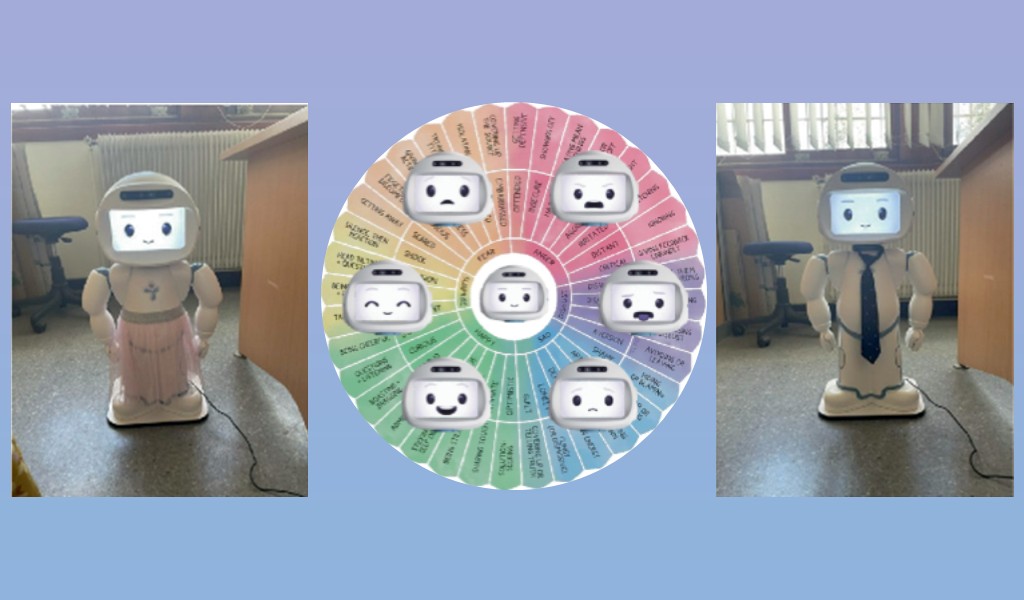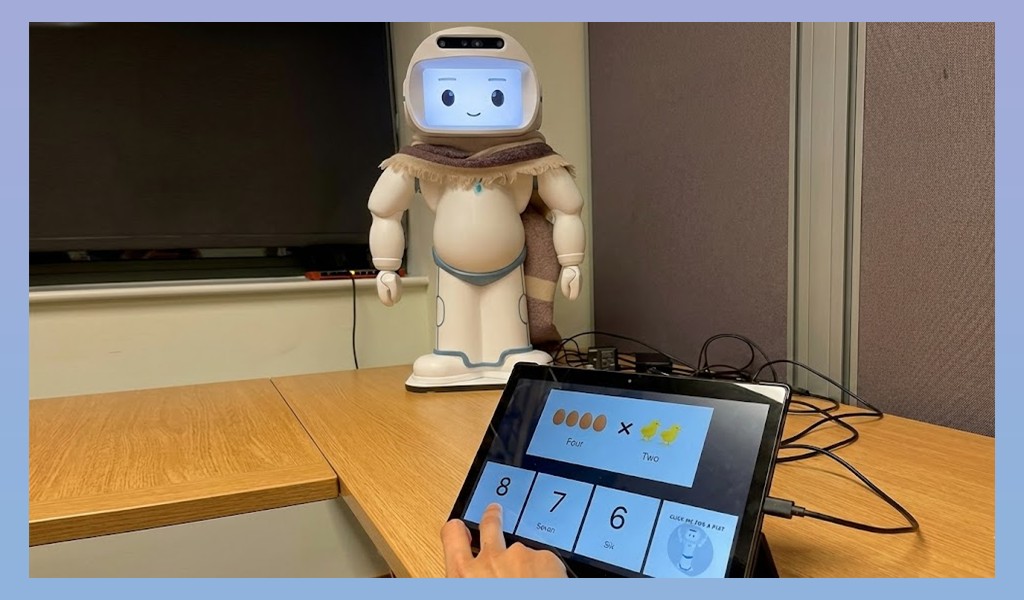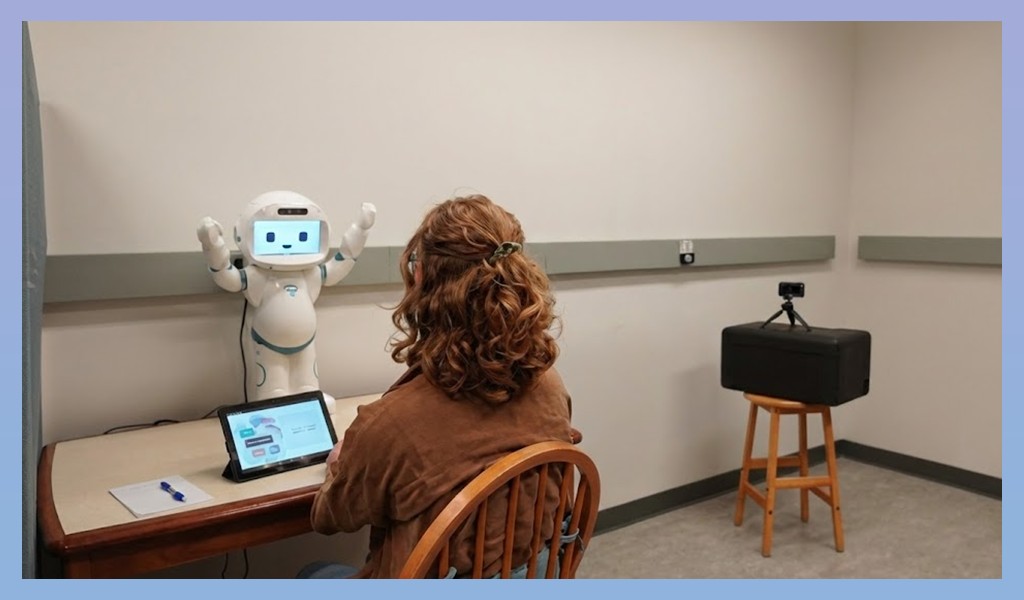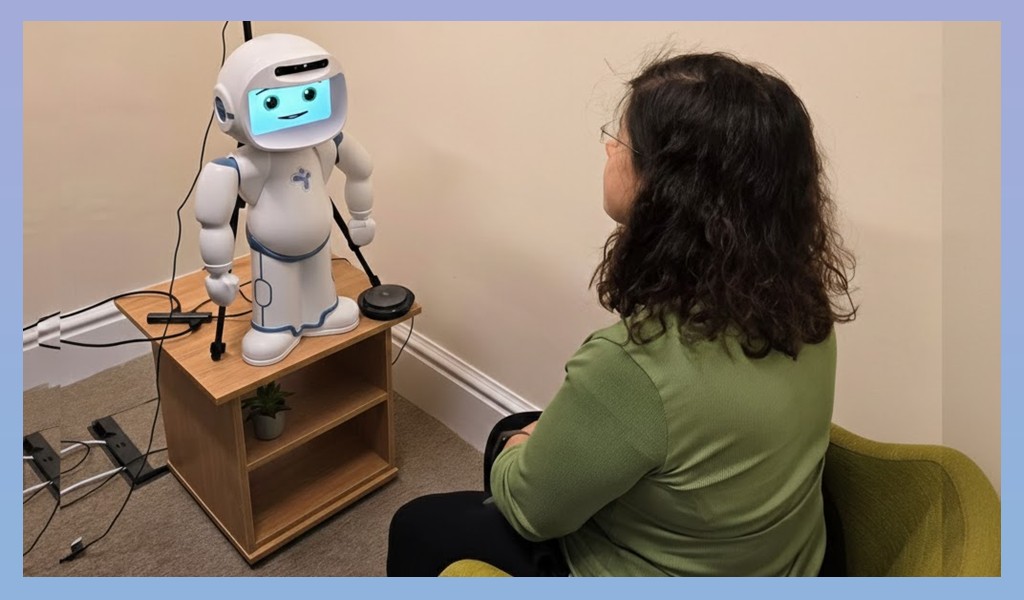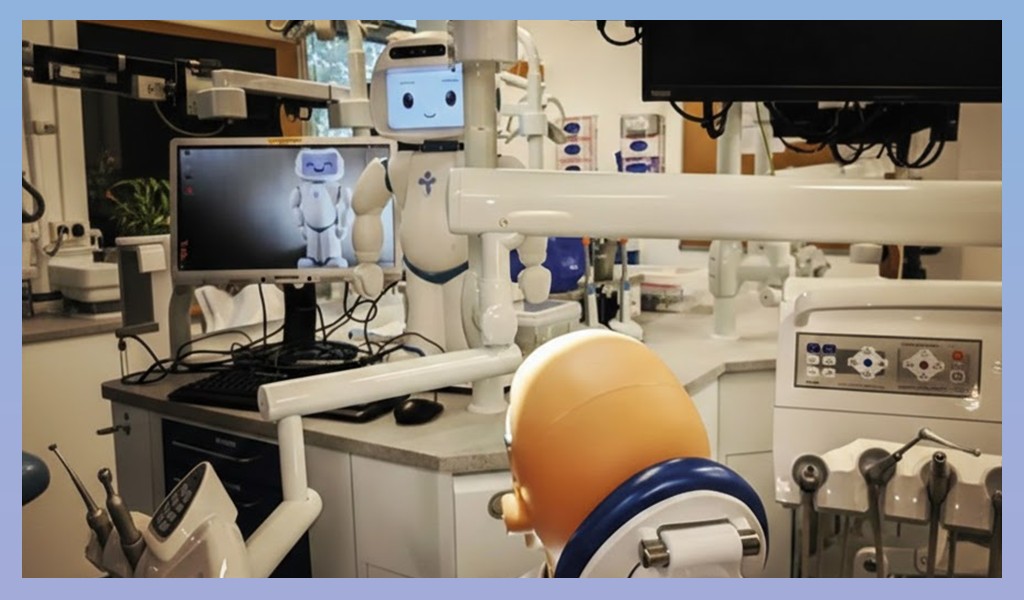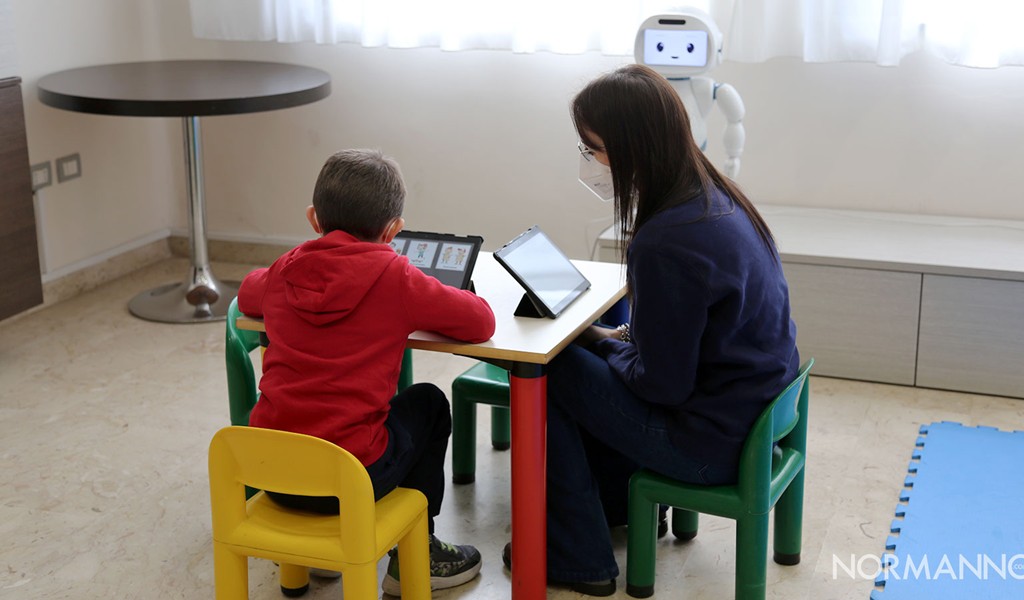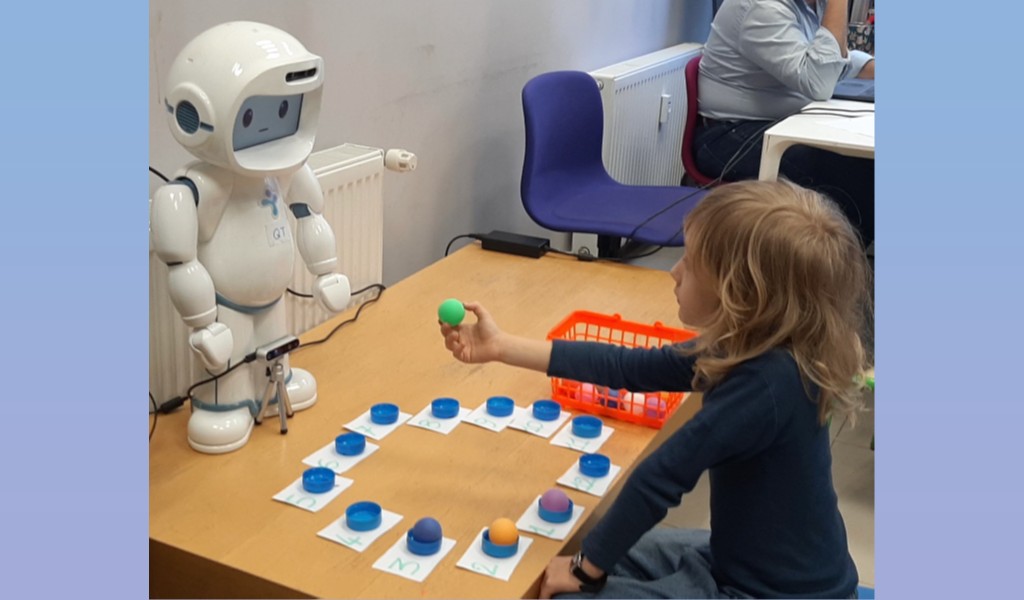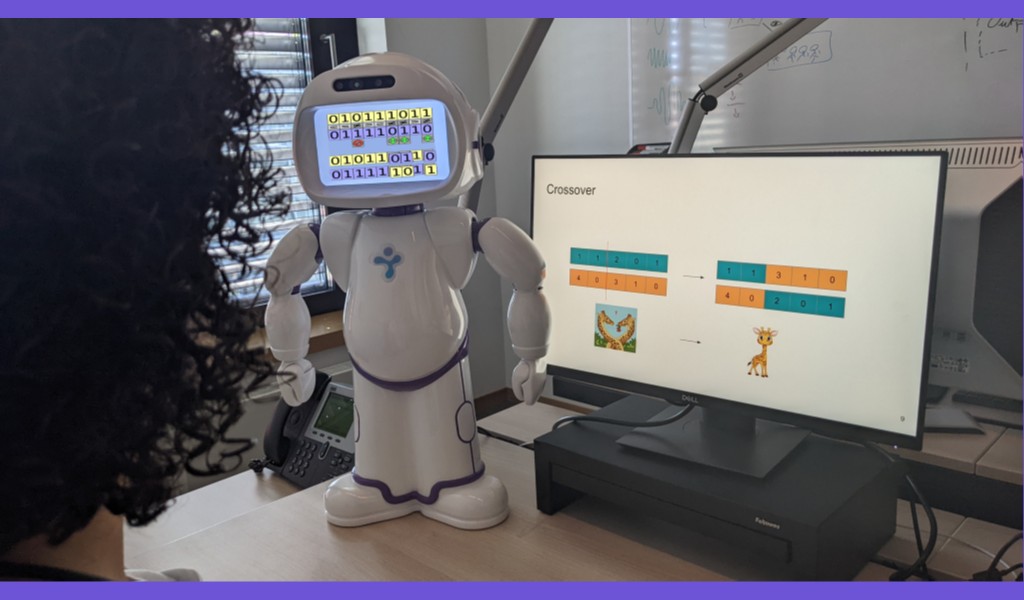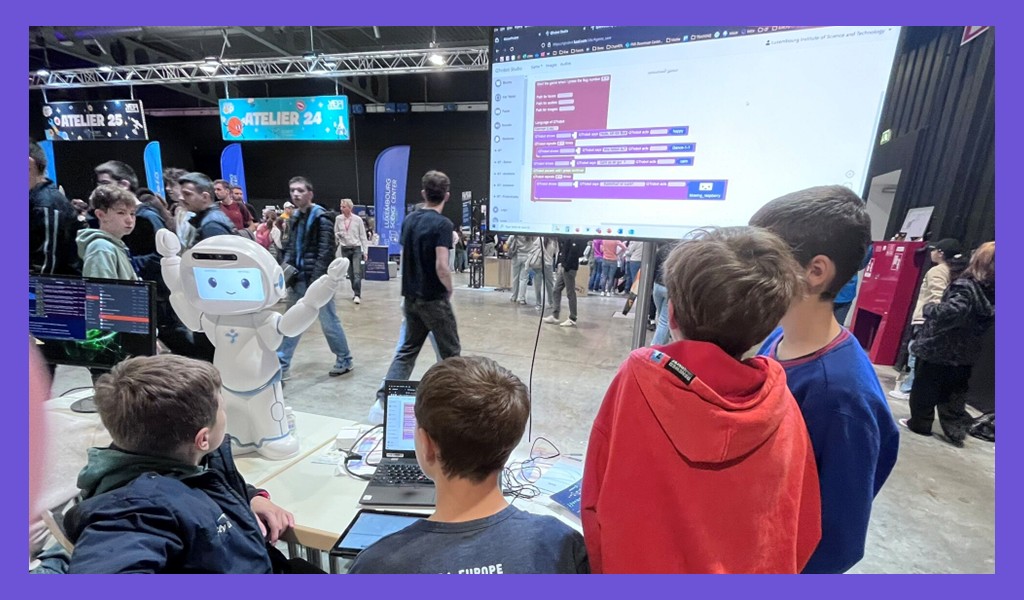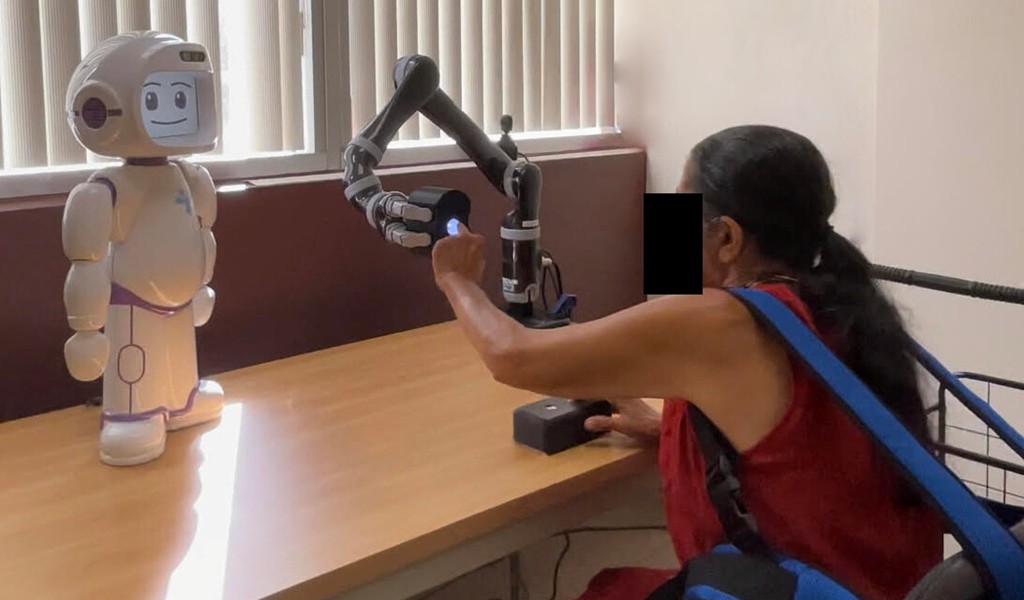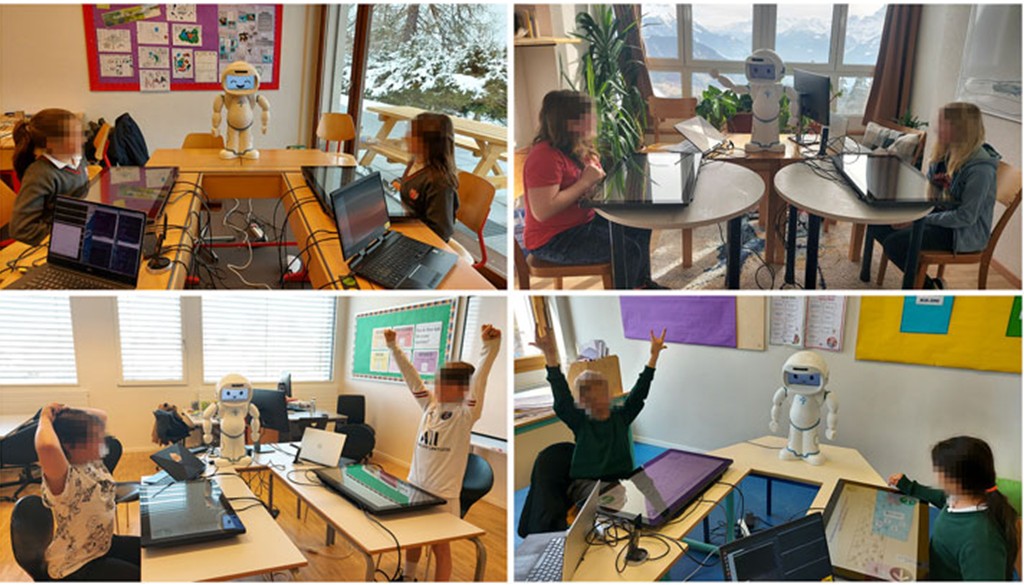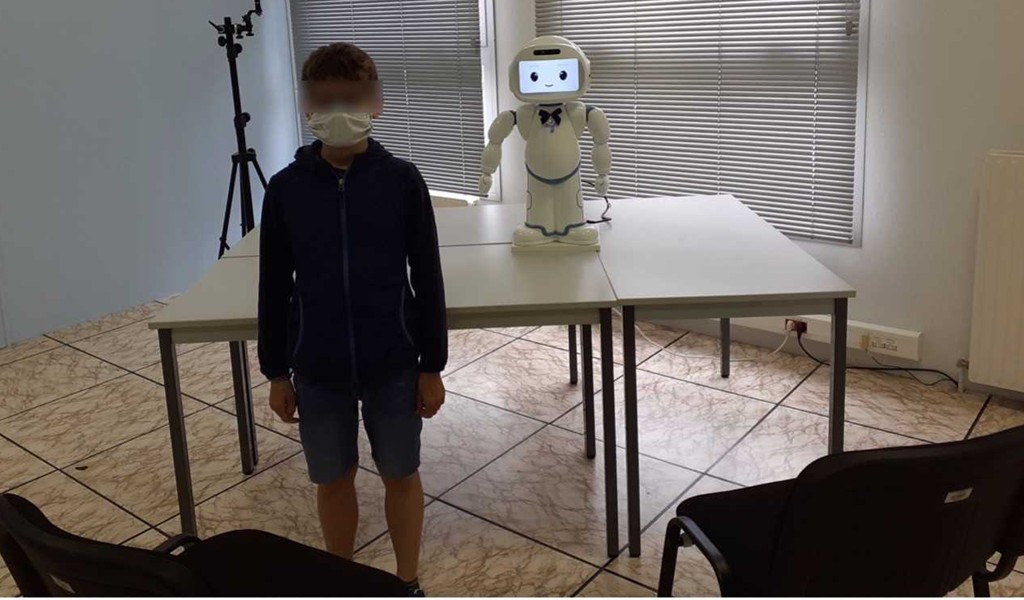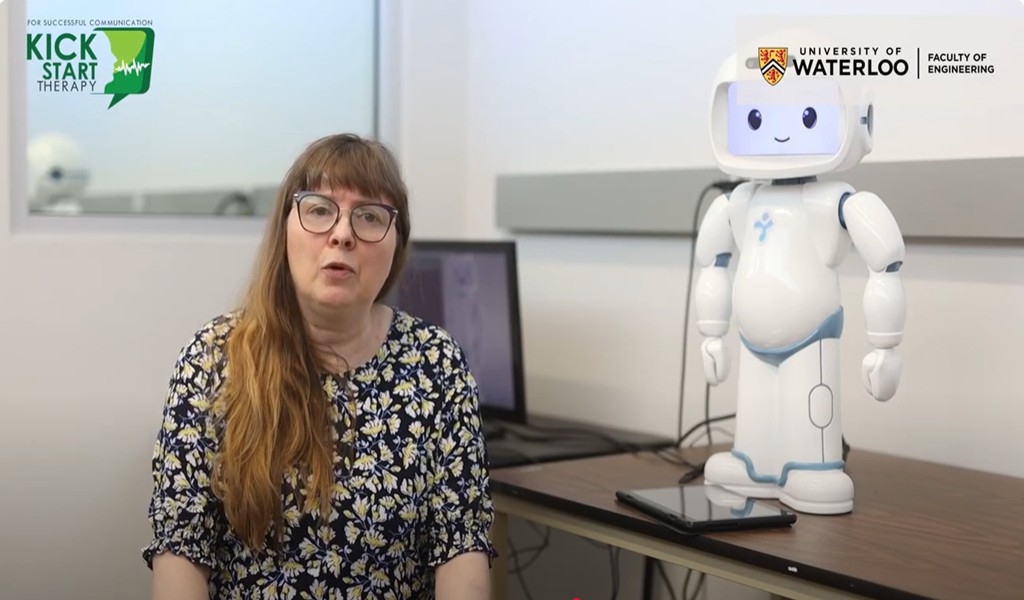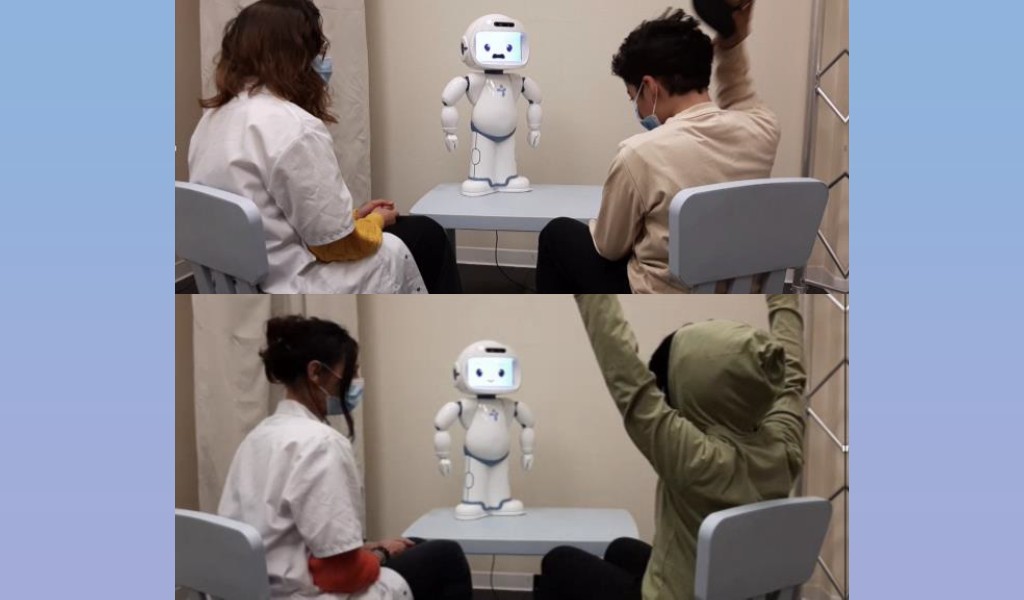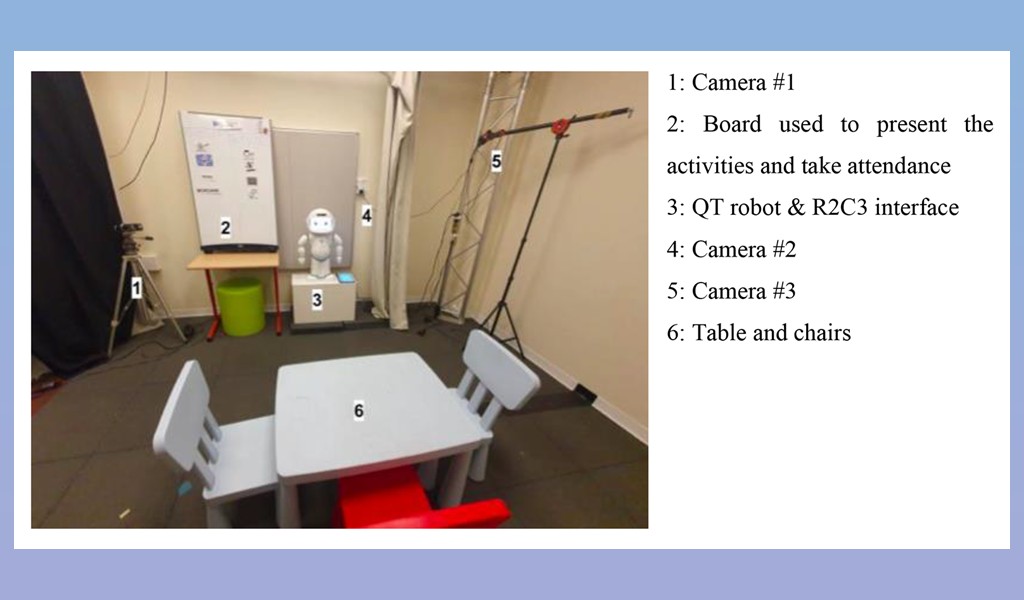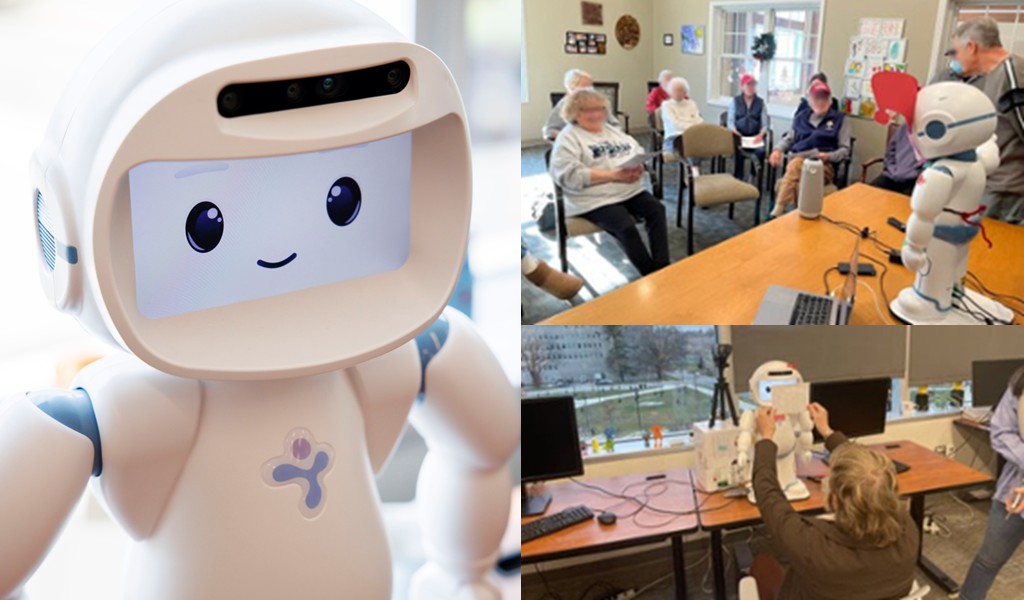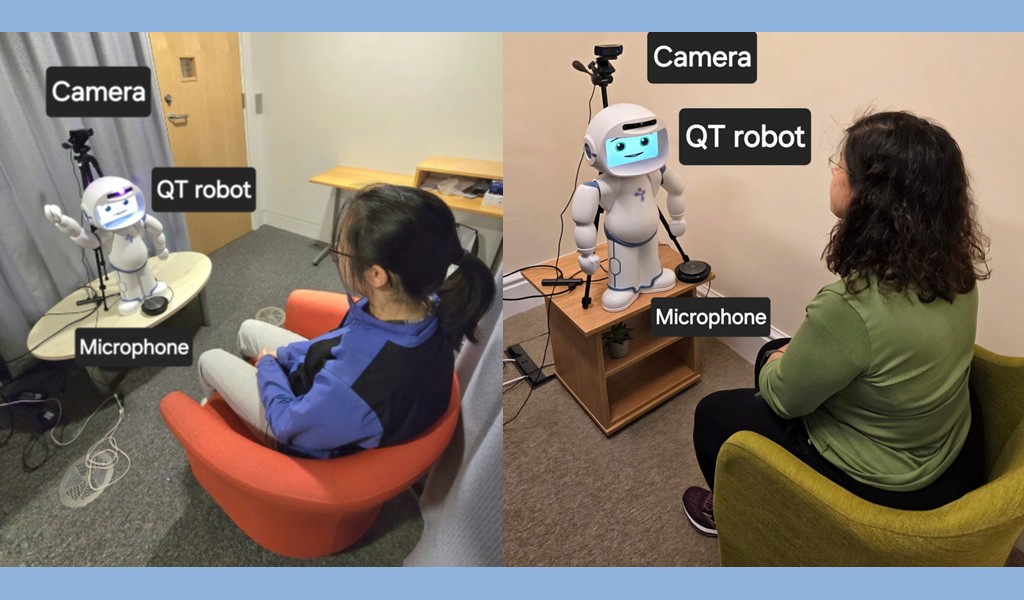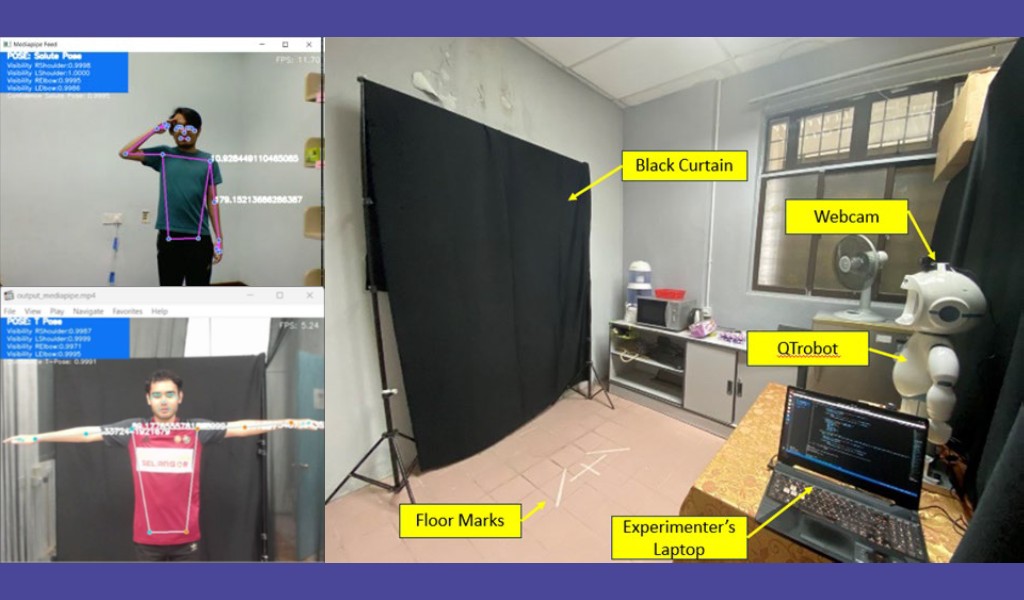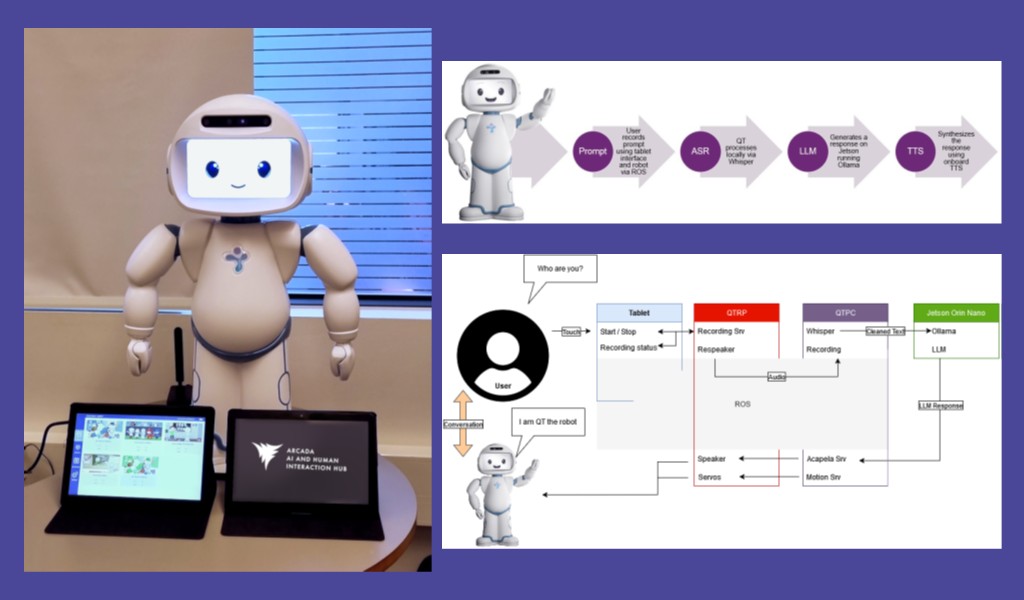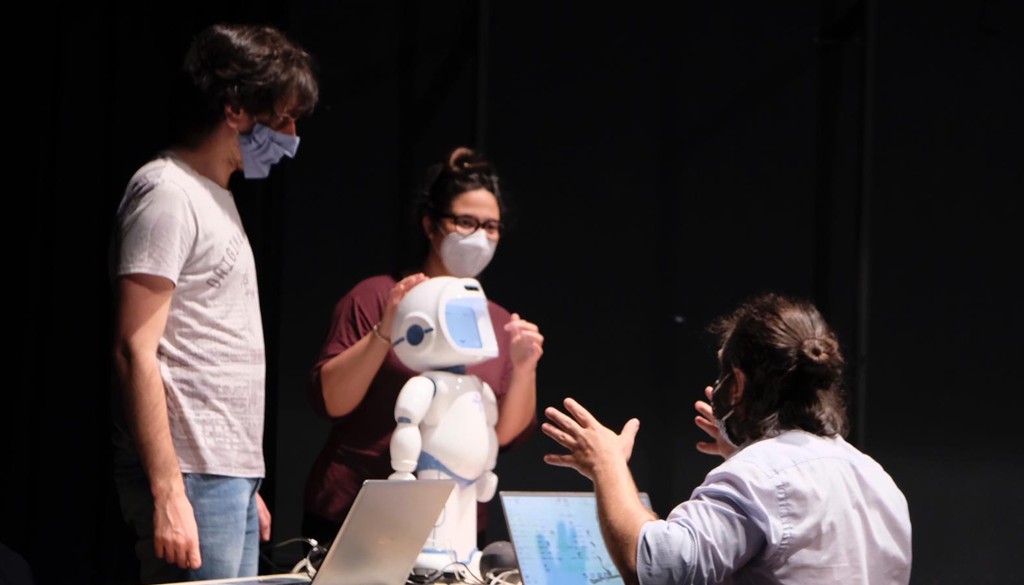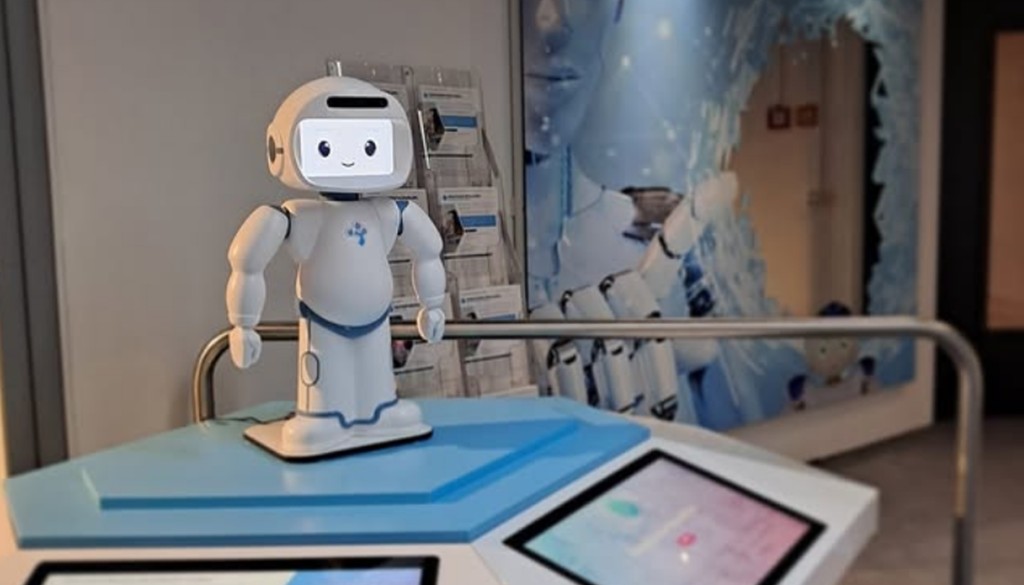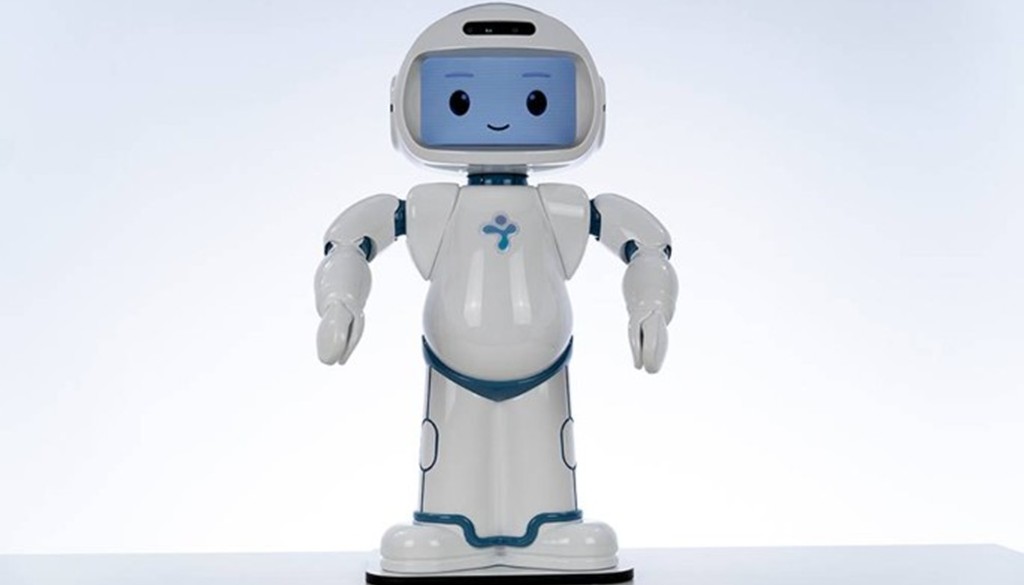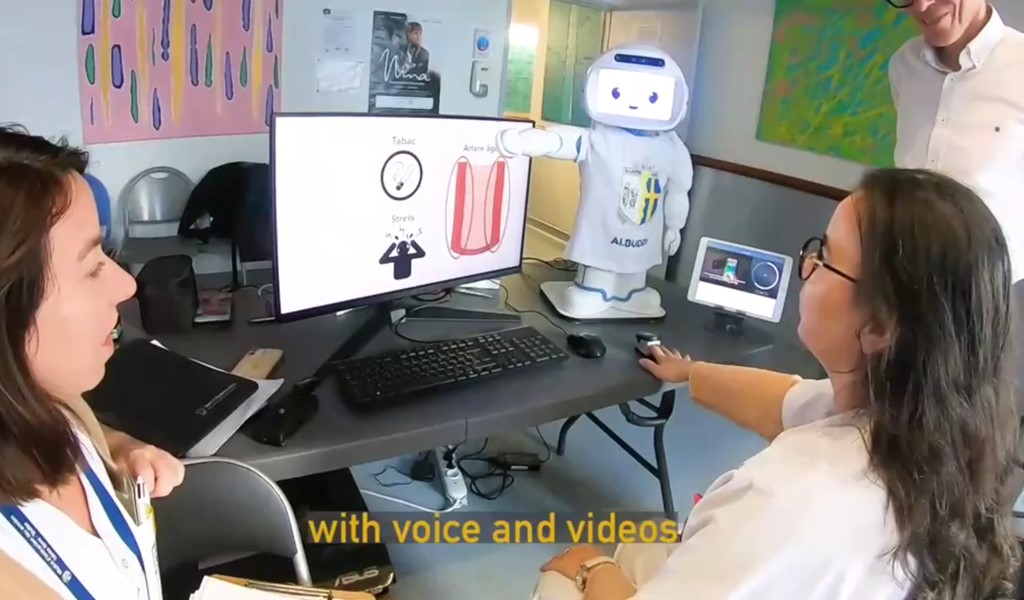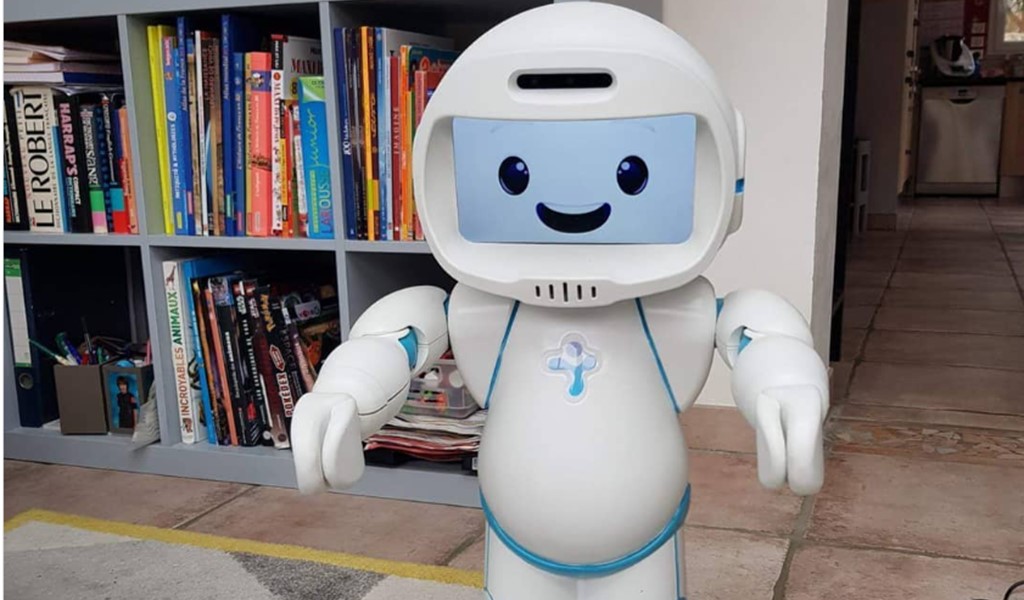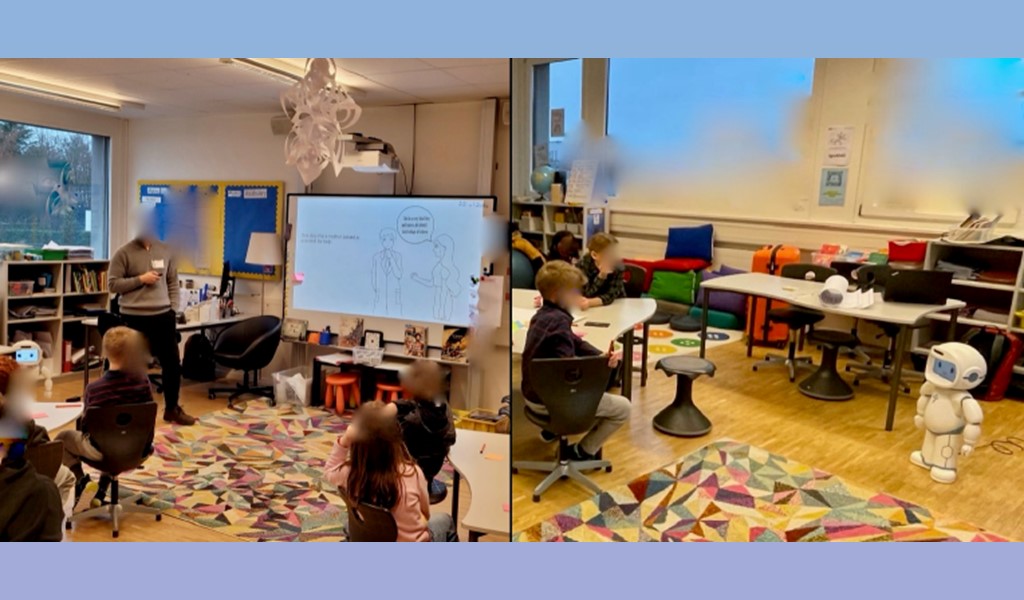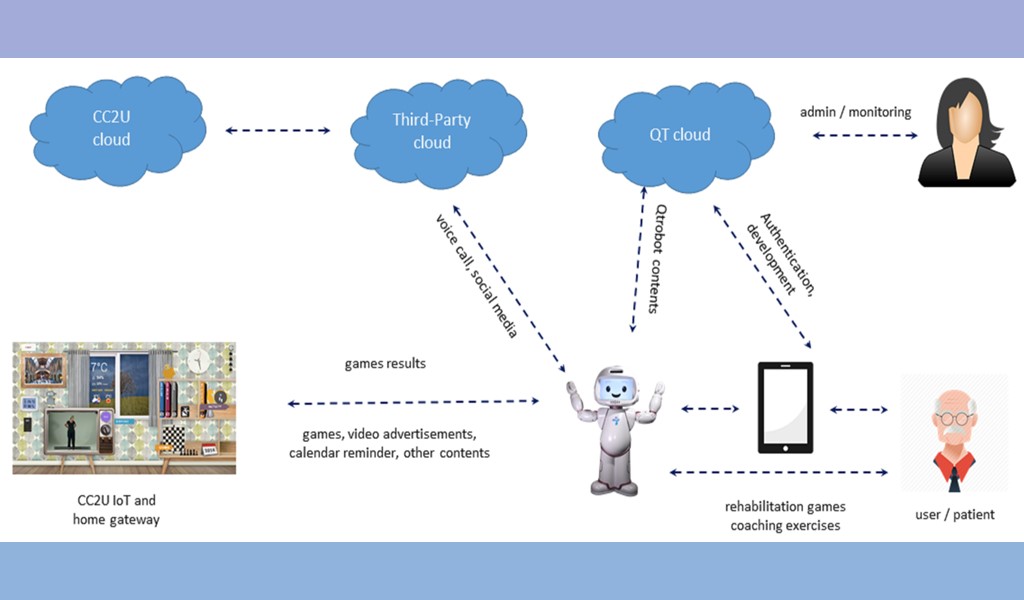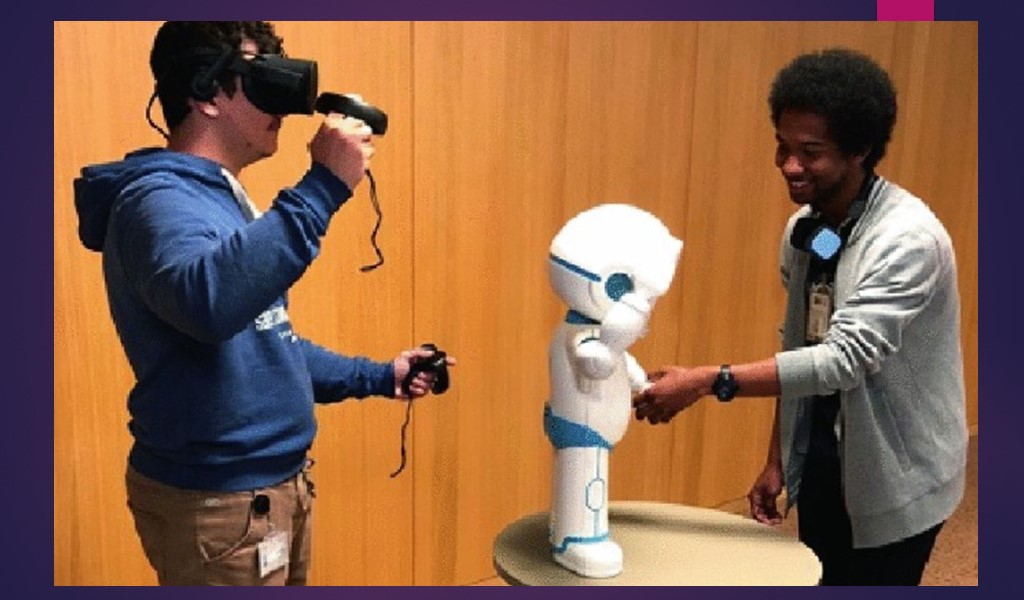Discover QTrobot’s Use Cases in Human-Robot Interaction and Social Robotics Research
- Other Use Cases
- QTrobot Implementation Support for Schools and therapy providers
- Robot Assisted Language Learning
- Robot for STEM and General Education
- Robot Mediated Coaching and Support
- Robot Mediated Support in Elderly Care and Geriatric Health
- Robot Mediated Therapy and Education for Autism
- Uncategorized
- Use Cases of QTrobot in Human-Robot Interaction and Social Robotics Research
Abstract This study explores the use of social robotics in education with a focus on reducing gender bias in young […]
As social robots become more common in educational settings, it’s important to understand how parents’ AI literacy and their perceptions […]
Stuttering affects around 1% of adults, yet people who stutter still face stereotypes, social exclusion, and discrimination. They’re often seen […]
A new study from the University of Cambridge shows that QTrobot, powered by large language models, can meaningfully reduce feelings […]
Summary: A new study in the British Dental Journal explores how social robots could transform dental care, especially for patients […]
The Institute for Biomedical Research and Innovation (IRIB-CNR) in Messina, Italy, has been at the forefront of developing and validating […]
A recent study published on arXiv by Elisabetta Zibetti and colleagues explored how children perceive and respond to emotional expressions […]
Use Case: Enhancing virtual and in-person meetings with relevant visual information, powered by social robotics. The Challenge: Keeping audiences engaged […]
Project Summary: QTrobot recently played a central role in Luxembourg’s premier education and career orientation event, Schoulfoire, organized by @YEP. […]
The Challenge: Traditional rehabilitation robots often apply a one-size-fits-all approach to exercise difficulty. However, stroke survivors experience exercise difficulty in […]
Abstract: This study explores a novel approach to designing social educational robots that support student learning without requiring direct domain […]
Abstract This pilot study explores the potential of using a humanoid social robot to enhance social interaction skills in adolescents […]
Development of QTRobot-Assisted Speech-Language Therapy: Co-design with Speech-Language Pathologists
Abstract As the use of social robots in real-world applications continues to grow, there is an increasing need for participatory […]
Abstract As socially assistive robots (SARs) become increasingly integrated into therapeutic settings, trust emerges as a critical factor, particularly when […]
Abstract: Socially assistive robots (SARs) have shown promise in helping children with Autism Spectrum Disorder (ASD) develop social skills. However, […]
Abstract: Previous research in human-robot interaction has explored using robots to increase objective and hedonic aspects of well-being and quality […]
Abstract: Human-Computer Interaction (HCI) researchers focusing on informal care partners and people living with dementia often create personas, incorporating expectations […]
Abstract: Emotion regulation is a crucial skill for managing emotions in everyday life, yet finding a constructive and accessible method […]
Summary: Researchers at the International Islamic University Malaysia have developed a gesture recognition system for QTrobot using MediaPipe, aiming to […]
Research Summary: This thesis explores the development of a privacy-focused, conversational system for the QTrobot platform, leveraging a Jetson Orin […]
QTrobot has recently been featured by the BBC’s Click program for its innovative use in mental well-being coaching. Developed as […]
Université Paris 8 will host the first session of RobotAct – Human-Robot Co-creations, a research-creation workshop series. This innovative project […]
Can a learning robot help children with Autism Spectrum Disorder (ASD) in their therapy journey? A research team from three […]
QTrobot, also known as “Cutie”, has officially joined the Deutschesmuseum Bonn and is now part of the TouchTomorrow Lab! This […]
Project Abstract: A recent study published in Gruppe. Interaktion. Organisation. (GIO) explores the integration of QTrobot into outpatient addiction counseling […]
Project Abstract: The project utilizes QTrobot to deliver educational content aimed at enhancing health knowledge across various populations. The robot […]
Abstract: The feasibility and effectiveness of the QT-Robot therapy robot for the treatment of child and adolescent psychiatric patients compared […]
Abstract Social influence plays a crucial role in persuasive technology, significantly impacting behaviors through social relationships. This influence extends beyond […]
Abstract: Modern IoT deployments are intricate, diverse, and ever-evolving, presenting significant security challenges. These include limited end-to-end security support, a […]
Abstract: Researchers recognize the enormous potential of social robots in educational applications, offering cognitive outcomes comparable to those achieved with […]
